Cardiomegaly can be a symptom of many heart problems and conditions of the enlarged heart.
One particular line in Dr. Seuss’s beloved holiday novel “How the Grinch Stole Christmas,” which was meant to mark the point at which the title character had reached the pinnacle of emotional development, may have actually indicated a medical issue for readers with a critical eye. “That day, the Grinch’s little heart grew three sizes, according to Whoville!” of enlarged heart.
Also read-Coronary Artery Disease : A Patient’s Guide To Coronary Artery Disease And Its Symptoms
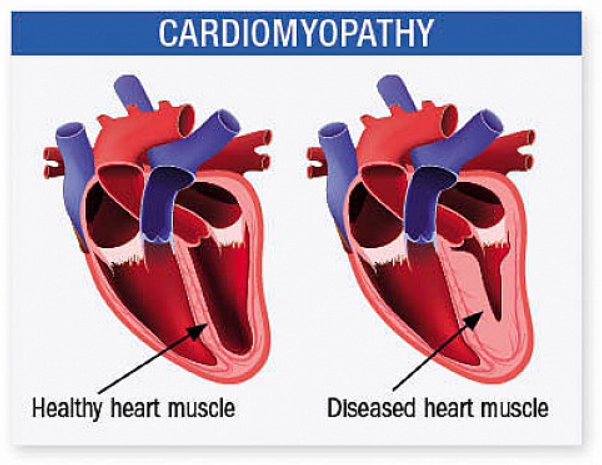
Could a heart genuinely expand? It’s true that the heart can enlarge, and this isn’t just a figurative expression for an increase in tenderness. Furthermore, things might not be as good as the well-loved poem implies.
Clinically known as cardiomegaly, an enlarged heart is a sign of a heart that’s been weakened by injury or disease. “Cardiomegaly isn’t a disease, but rather a sign of another condition,” says Dr. Khalid Sheikh, a cardiologist with Health First Medical Group in Melbourne, Florida.
Causes of enlarged heart
Any injury to the heart can lead to enlargement of the heart. Dr. Maria Karas, medical director of the Cardiac Intensive Care Unit at New York-Presbyterian and Weill Cornell Medicine, states that there are numerous possible causes for it to occur.
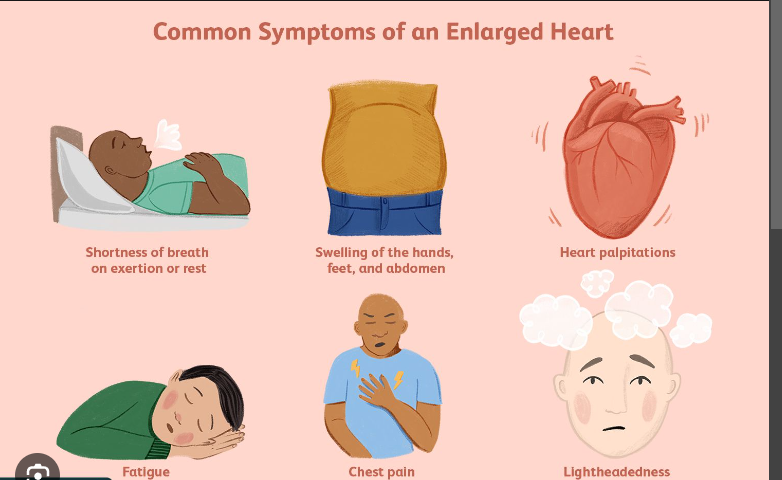
Per the Mayo Clinic, “a medical condition, such as weakening of the heart muscle, coronary artery disease, problems with the heart valves, or abnormal heart rhythms, or a stress on your body, such as pregnancy, may cause you to temporarily develop an enlarged heart.” This enlargement might be permanent in certain circumstances. In some cases, it could be reversible.
Symptoms of enlarged heart
Although many patients may have no symptoms related to cardiomegaly, some people do have signs that could point to a problem. Carry says these symptoms may include “shortness of breath that’s out of proportion with the exertion level” and edema, or swelling, particularly of the lower legs.
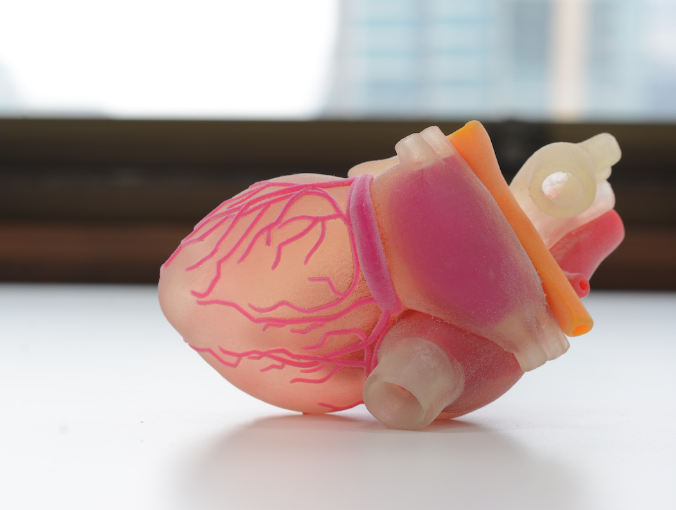
Along with that underlying cause, the diagnosis of cardiomegaly may also result from other symptoms of heart failure, heart attack, or other heart conditions. Typical indications of a heart issue include:
- Feeling of congestion in the chest when lying down.
- Coughing up frothy sputum.
- Abnormal heart rhythms are called arrhythmias.
- Heart palpitations.
- Dizziness or fainting.
- Chest pain.
- Radiating pain down the left arm and into the left shoulder and upper back area.
Diagnosis of enlarged heart
Cardiomegaly is frequently discovered by chance, during the course of treating another ailment or a routine physical examination. It can be seen on X-rays, and once found, it’s critical to consult a cardiologist to ascertain the cause and best course of action. The most crucial step is for the person receiving a diagnosis of cardiomegaly to consult a cardiologist. Get in contact with a specialist even if it is unintentionally discovered to stop the issue from getting worse, advises Carry. “With today’s advanced technology, we can help people before things get worse and even prolong their lives. The most crucial step is to visit a physician, ideally a cardiologist.
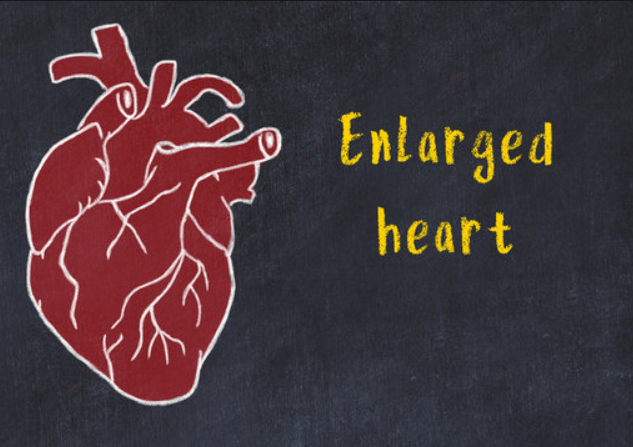
Treatments for an enlarged heart
Although cardiomegaly can be dangerous, in some cases it may be reversible with the right medical intervention. To treat cardiomegaly, it’s important to ascertain the underlying medical condition and treat that, which in turn may lead to a reversal of the dilation or thickening of the heart muscle. “We’ll take a good history and family history and look at which medications they’re on. I’ll review what the heart looks like,” which may include taking X-rays or conducting an EKG (a test that records electrical activity) or an echocardiogram (an ultrasound image of the heart), Carry says. Once a determination is made as to the cause, that will dictate the appropriate course of treatment. “Sometimes we can shrink the heart with medication, and sometimes we can improve the function of the heart if it is indeed decreased,” Carry says.
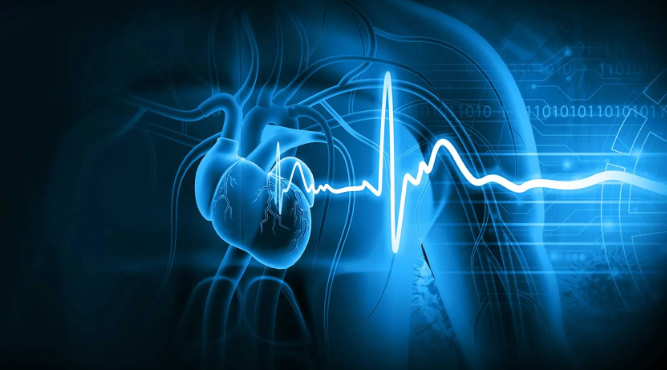
Also read-5 Harmful Winter Habits That Can Cause Constipation
images source: Google
Disclaimer: The opinions and suggestions expressed in this article are solely those of the individual analysts. These are not the opinions of HNN. For more, please consult with your doctor.



































